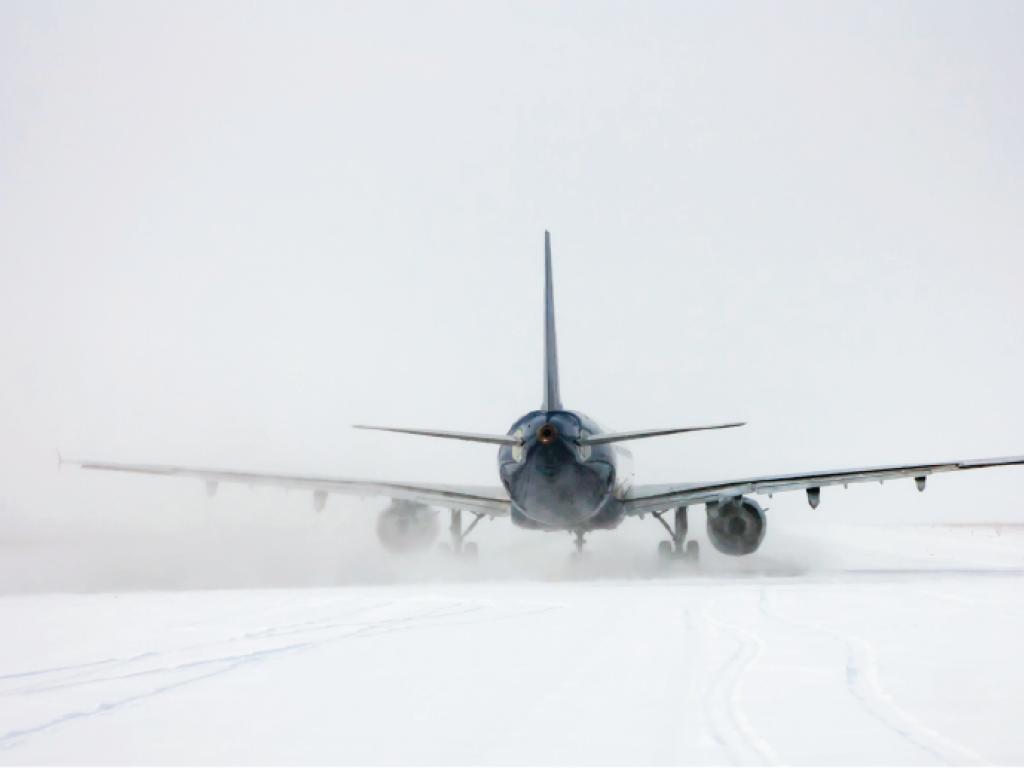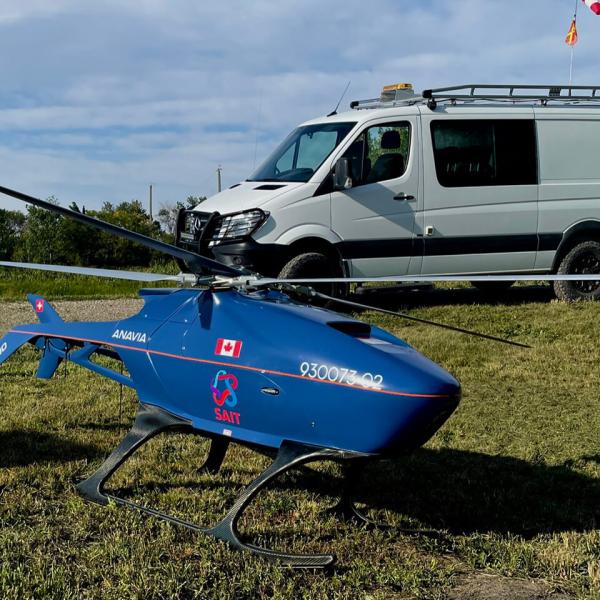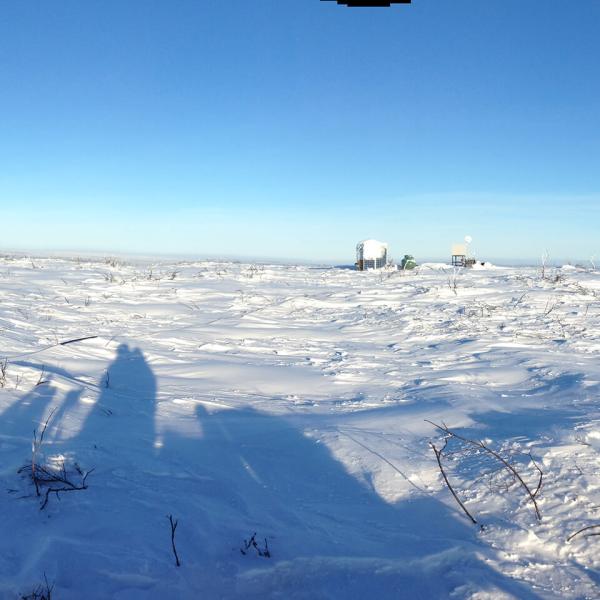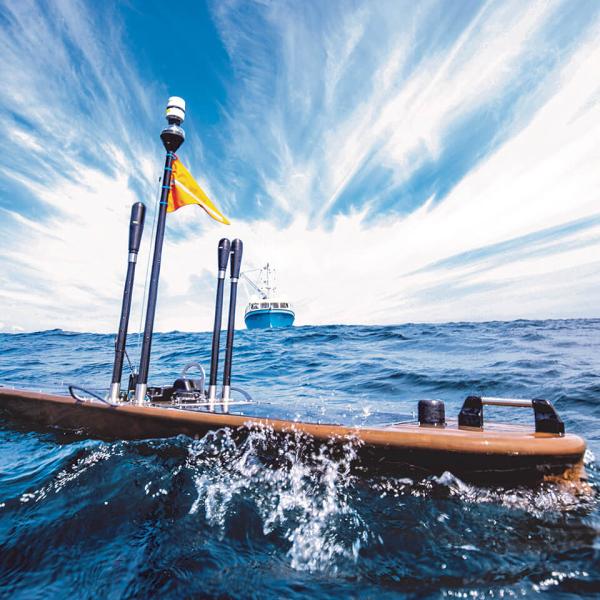Remote communities that rely on air delivery for necessities like food and fuel are at the mercy of bad weather and high costs. For Canada’s Northern communities, for example, a winter storm could leave them without vital supplies from the south indeterminately while pilots wait for safer conditions.
But Wail Gueaieb, an engineering professor at the University of Ottawa, is developing a way to make food delivery to remote communities far safer and cheaper. The key to both? Get rid of both the pilot and the high-maintenance aircraft.
Gueaieb and his team have built a prototype of an unmanned cargo plane capable of carrying over 220 kilograms of supplies, and dropping them in any flat area. These unmanned aerial vehicles (UAVs) can fly even in the harshest weather, with no risk to a pilot’s life. Since they’d each cost significantly less than a cargo plane to build, losing one in a storm would present a relatively minor financial risk, too.
The distinctive feature of the technology is in the software that powers it. It’s one thing to fly automatically along a pre-programmed flight path, but artificial intelligence algorithms allow these cargo vessels to adjust for unexpected weather events, or obstacles like a helicopter or flock of birds, as well as for tail winds for fuel efficiency, all without human intervention.
The researchers have partnered with an Ottawa company to commercialize the technology, which they say will be in demand to reach remote populations in regions like Brazil and parts of Africa.
But foremost for Gueaieb is the potential impact for food security in the Canadian North. The challenges of delivering food in difficult weather conditions is one reason food prices are so high up North — think $29 for a head of cabbage. “Our goal is to cut that in half,” says Gueaieb.





